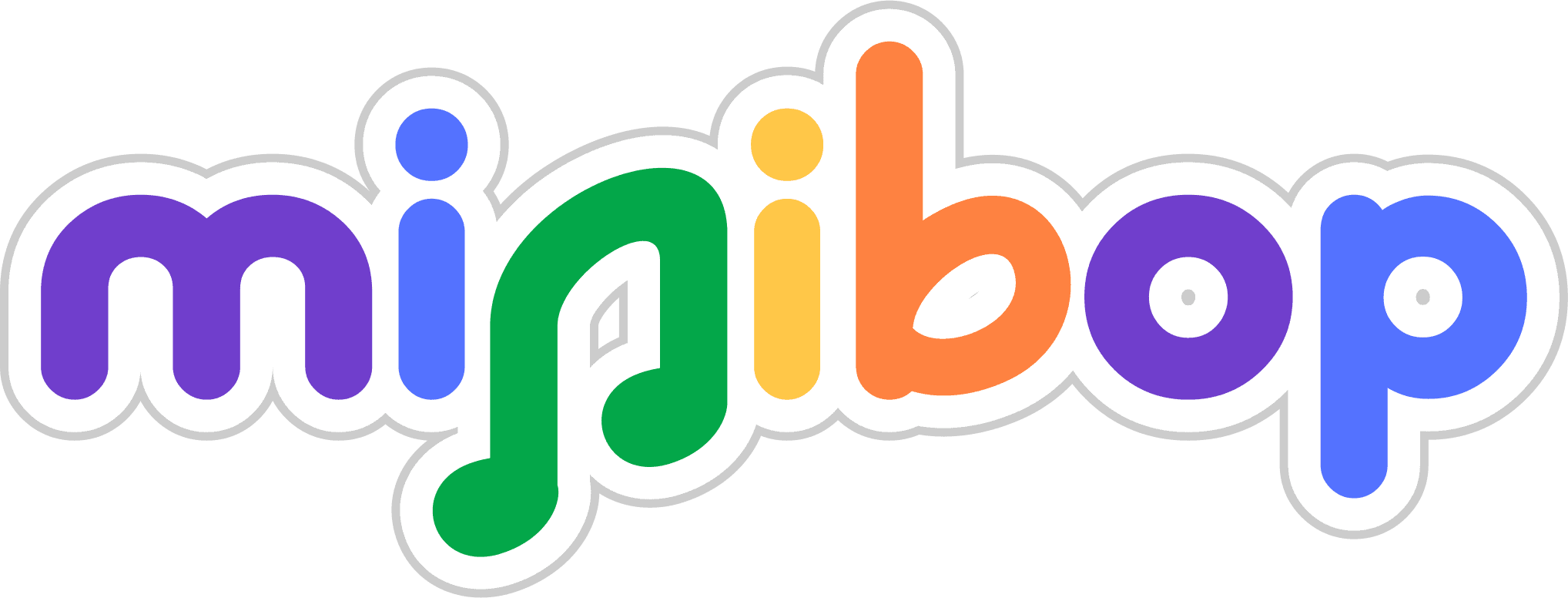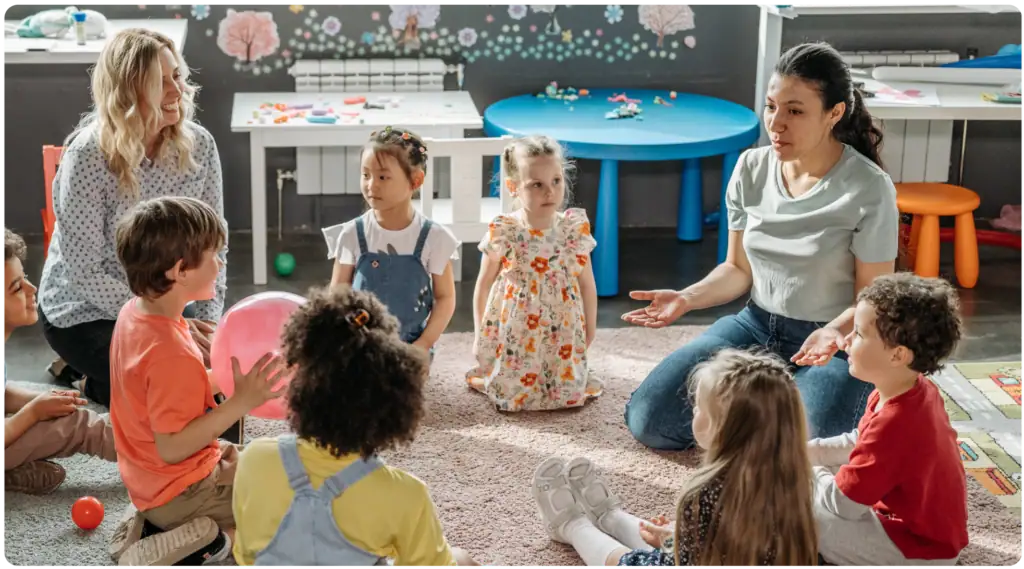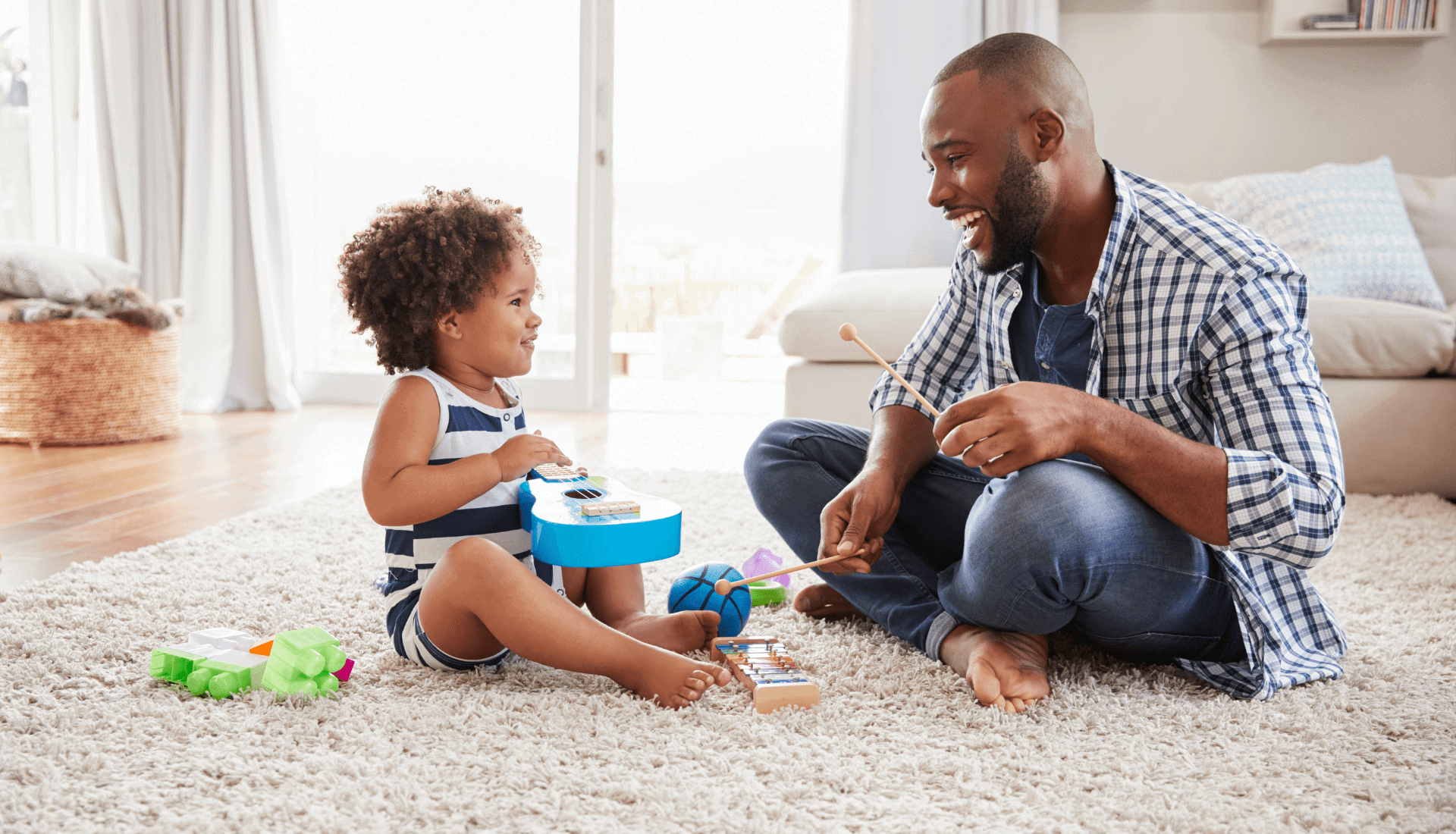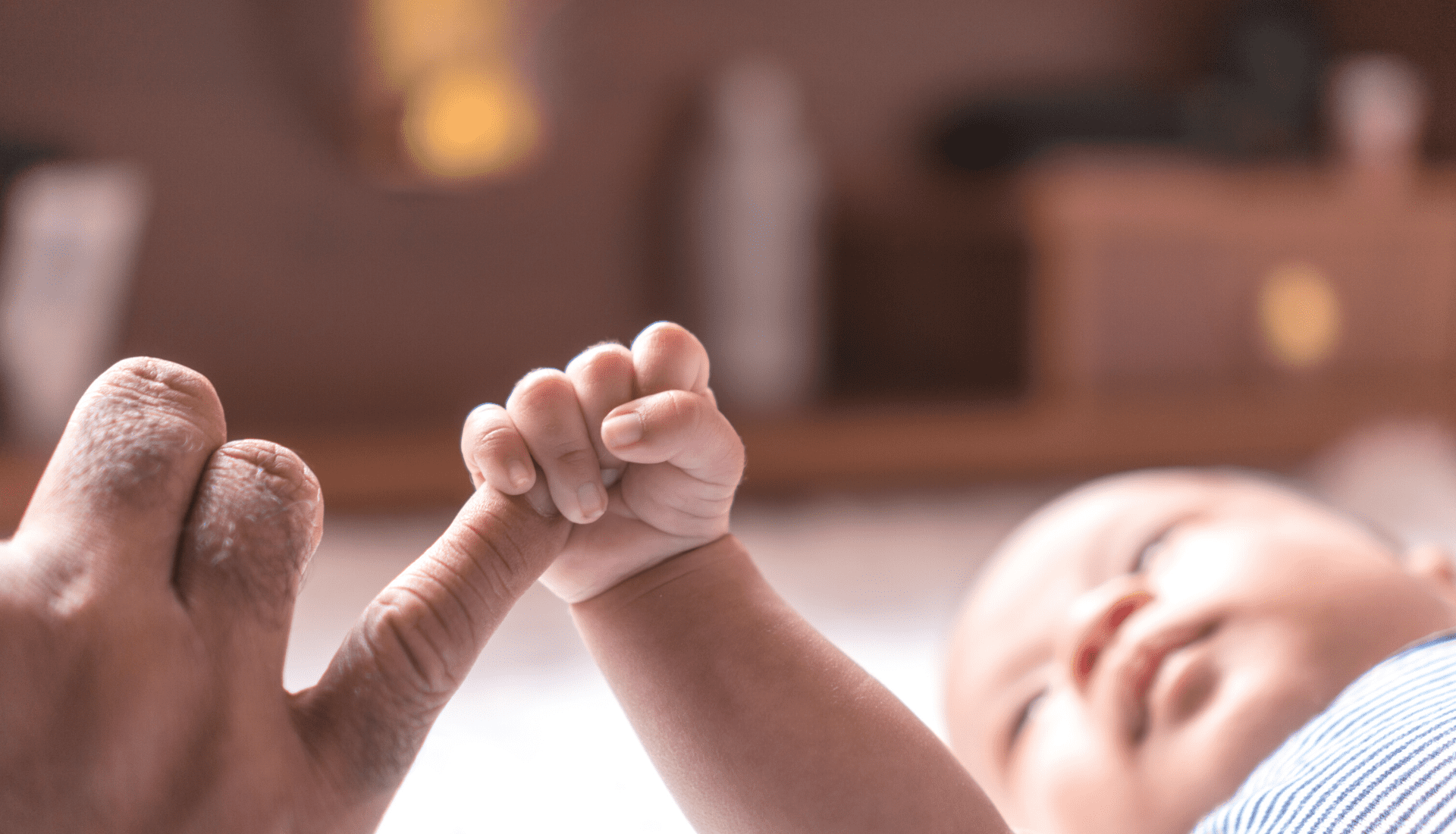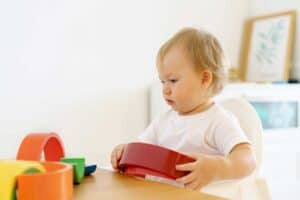The right age to start music lessons: A Parent’s Guide
Investing in your child’s first music lessons is a big deal. Many parents wonder when is the right time to start kids music lessons. Not only is there an investment in money and time, but it can also feel like an important step in creating a positive association with music and nurturing innate talents. It’s understandable you’ll want to get the timing right!
While between 4-7 years old is a popular time for children to start their first private music lessons, there’s no set rule. We believe it’s more about working with your child and spotting when they’re ready!
The signs your child is ready for their first private music lesson
1. They’re physically ready for music lessons
The instrument you pick will determine whether your child is physically ready. For example, can they sit comfortably on a piano stool or stand still while holding a saxophone? Do they have enough dexterity in their hands to control the valves of a trumpet?
Children develop at different rates, but by the age of 7, most children are developed enough to understand the basics of music and try most instruments.
2. They can hold their attention well
Your child must sit, listen, and pay attention during a private music lesson to benefit from the experience. It really does vary from child to child when this is realistic. Your child’s interest levels are also key. If you’re desperate to get your child to play an instrument, but they are not as keen, it’s less likely their attention will hold.
3. They have time to practice
If you’re investing in music lessons for your child, you’ll want to make sure they keep learning and practicing outside of the lesson to keep growing. This means they need enough space in their schedule to practice.
4. They’re excited to learn
Remember what we said about attention span? It’s important your child is excited to start learning an instrument or strengthening their singing skills before you sign them up. It’s natural they’ll be a little nervous, but overall, you’ll want to ensure your child has a true interest before investing in private sessions.
It’s never too early to make music! Four ways to start before lessons…
Not sure your child is ready for a music lesson? There are plenty of other ways to help your child start making music at any age:
1. Noisy toys and percussion for babies & toddlers
As soon as your little one can grab and move objects, they’re ready to have a go at making noise. Think rattles, squeaky toys, shakers, and basic percussion – or a homemade drum set of pots and pans played with a wooden spoon! These early experiences are great for development and a joy to watch as a parent too.
2. Start with a kids group music class
There are many benefits to starting a group music class with your child, for you and your little one! From improving listening and boosting language skills, to making friends. And just as for music lessons, there is thought behind when is the best age to go to your first group music class.
3. Watch live music
Listening to music is great, but if you want to encourage an interest in playing musical instruments, your child will need to see the instruments they hear. Read this article for more on family music events in LA.
If getting to a live event with your child isn’t possible, get on YouTube to watch recordings of bands and orchestras playing live and chat about what you see.
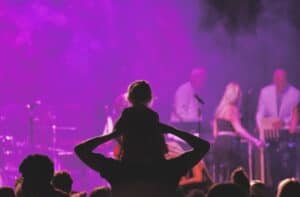
4. Give them access to real instruments to explore
Before jumping into paid music lessons, give your child a chance to explore real instruments at their own pace. Here are 5 instruments that are great for pre-schoolers to school-age kids:
- Piano/keyboard – You can let your child loose with piano keys as soon as they can sit up, although don’t expect anything too tuneful!
- Guitar – Let your child experiment with strumming, plucking, and seeing how chords are made. For an amazing child-sized guitar, take a look at Loog guitars. Designed specifically for little hands from ages 3+. Of course, if you have a full-size guitar available, letting them have a strum on this is just as beneficial.
- Xylophone / Glockenspiel – For tuned percussion that’s portable too, try a xylophone or glockenspiel that your child can joyfully bash!
- Recorder – Although not the most pleasant for grown-ups to hear, a recorder is a great way to introduce your child to musical notation and playing simple tunes.
- Drums – Help your child explore rhythm with access to drums – whether that’s bongos or a full drum kit.
If instrumental lessons aren’t right for your child yet, why not try a group music class or kids’ music camp that teaches the “ingredients” of music, such as melody, harmony, notation, style, and rhythm. That’s what we offer here at Minibop Music.
